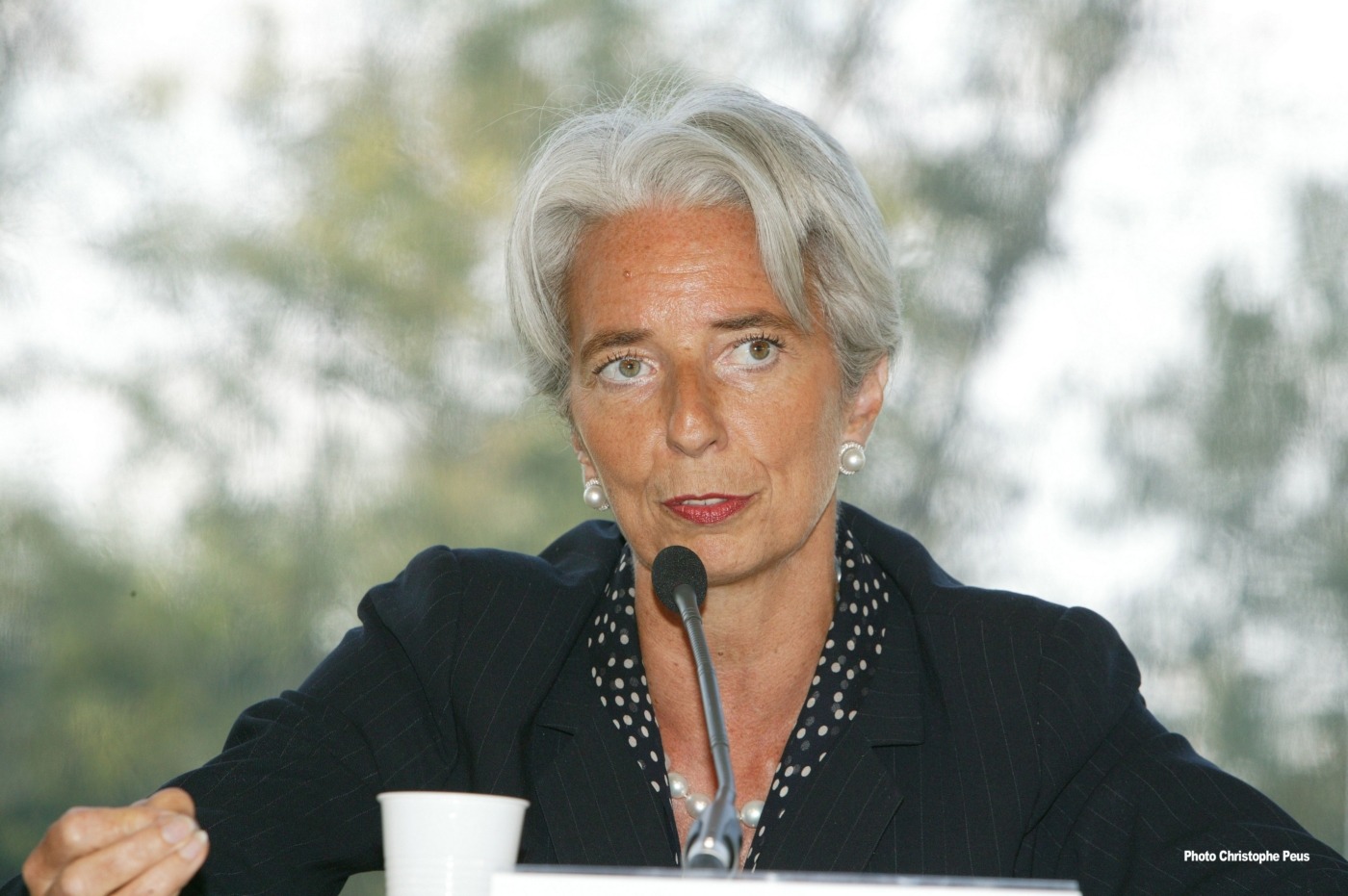Why countries have a love-hate relationship with the IMF
For the uninitiated in economics such as myself, the increase in the International Monetary Fund (IMF) loan to Argentina passed through the front page of global newspapers and out of our minds in the span of a day. I, despite my general reticence to palliate my ignorance, was forced to familiarise myself as best I could with the topic due a promise made to a certain Finance Editor and to the fact that my family now live in Argentina. It’s sad that it’s hard to say which played a bigger role.
First off, the initial IMF bailout was of 50 billion dollars at 4% interest, subject to certain conditions. The additional 7.4 billion, interestingly, have come with amendments which might actually lessen the burden on the Argentinian government and Central Bank. Although the conditions might have improved, it’s still an extra 7.4 billion that will have to be paid back, with interest.
I would prefer that the bailouts be given with less stringent restraints, and no interest at all above the rate of inflation, but that may well be unrealistic given the tide of nationalism…sweeping the world
The Argentinian government was faced with a rapidly devaluing peso and the prospect of massive inflation on the horizon. There are different takes as to why this happened: some blame the power of the syndicates in Argentina for hindering industry and modernisation, some call out Cristina Kirchner’s administration for overspending and getting the country into debt, and others believe that President Mauricio Macri’s government has been too placatory to corporate interests and has spent too much attempting to ensure re-election in 2019.
Global sentiment regarding the IMF is split. When it lends money, it does so on the condition that the nation in question accept Structural Adjustment Policies (SAP), which are meant to ensure that the member states of the IMF (pretty much everyone in the UN) get their money back. However, some see the SAPs as undemocratic and inhumane, leading to continued dependence on the IMF, affecting sovereignty. While certainly sometimes the conditions are severe, they also intend to protect the investment made by the IMF, which in turn is funded by the member states; they aim to get your money back. Personally, I would prefer that the bailouts be given with less stringent restraints, and no interest at all above the rate of inflation, but that may well be unrealistic given the tide of nationalism (which nowadays is essentially greed on a mass scale) sweeping the world.
In terms of whether IMF bailouts are good for the economy, the obvious answer seems to be that the governments that resort to them – who tend to employ people with far more economic knowledge than most of us – do so for a reason. If the Argentinian government had any other options, one would imagine they would take them. So no, IMF bailouts are not good for the economy; they force austerity on populations that have done little to deserve the measures and they put pressure on necessary social policies. The problem is that the alternative would be worse. Without the IMF’s cash injection, market panic might take over, leading to a worse crash.
Prison sentences won’t do much to lessen the contraction the economy faces this year, nor will it ensure growth next year
The hope in Argentina is that with the bailout Macri’s government will be able to turn the economy around by next year. It bears mentioning that all this has important political fallout. Argentina hosts the G20 summit later this year, and the government will hardly want a crash and the inevitable protests to disrupt a period in which Argentina will be on display. Not only that, but a corruption scandal is engulfing Argentinian politics, involving the aforementioned ex-president Christina Kirchner in what is called “los cuadernos de las coimas”- notebooks with alleged evidence of a series of bribes to high-level officials. Kirchner currently has immunity, which is complicated enough on its own, but she also polls as the candidate most likely to unseat Macri next year. All in all, a very difficult situation.
No one wants to resort to an IMF bailout. They tend to be the result of years of incompetent governance, and as usual, it’s the public that pay. While it is easy to comprehend the anger of those who take to the streets to demand accountability from those who have pushed Argentina into this situation, prison sentences won’t do much to lessen the contraction the economy faces this year, nor will it ensure growth next year. As far as anyone can tell, those responsible for the crisis don’t have 57.4 billion to give back. If only they did.

Comments